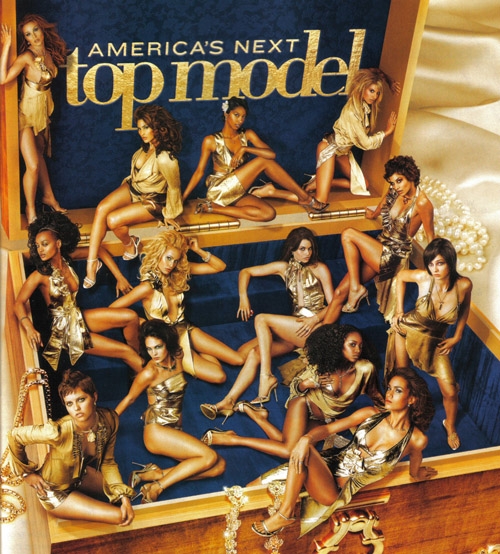America's Next Top Model and the Genre of Reality Television


When a person talks about or watches reality television they relate to it in different ways than other genres such as comedy or drama. There is a connection between the cast of the show and the viewers at home. There is the belief that this is real and that the people portrayed are just like the common person. America's Next Top Model fits the mold of reality television. In this case that includes it in the realm of a discursive formation, which relates to the correlation and patterns of a particular system (Rose, 143). It is a game show where the contestants compete for a modeling contract. Because the show is a part of this particular genre, the process of appellation applies. In this case, the term refers to how the television medium calls out to the viewer, connects with them, and shapes them.
Since we view this genre as reality, we take the messages from the show to be natural. But these naturalized images have a correlation to the term ideology; which is "knowledge that is constructed in such a way that legitimate unequal representations of power relations" these beliefs follow mainstream thought (Rose, 75). Issues of power have a significant effect on what images are shown through tv and what messages are delivered. There are the hegemonic beliefs that certain psychical qualities are beautiful and that a certain lifestyle is what is ideal. These "culturally constituted norms" help maintain the power associated with ideology (Rose, 200). Struggles with power help to continually shape and guide our culture and practices.